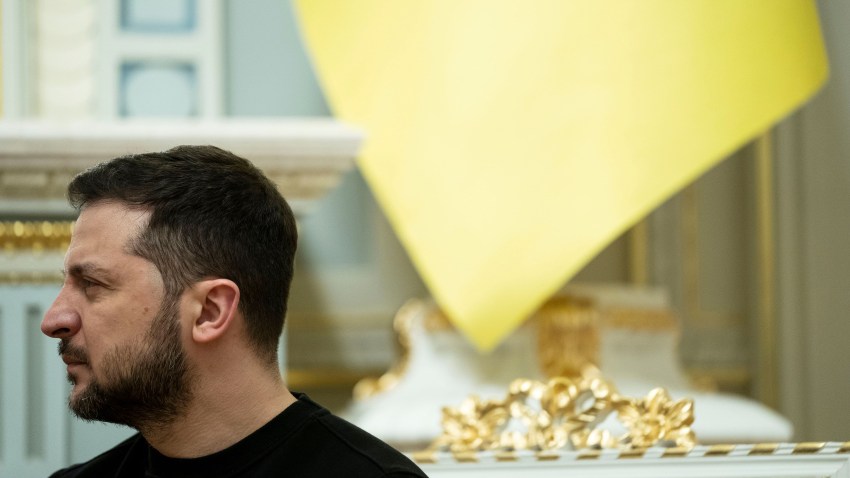Russia’s invasion of Ukraine just over a year ago was perhaps the most blatant violation of the United Nations charter for brazenly territorial reasons since Saddam Hussein’s invasion of Kuwait in 1991. Having begun the war illegally, Russia has waged it illegally as well, targeting civilians, torturing and raping prisoners and, according to a new report this week from Yale’s Humanitarian Research Lab, separating Ukrainian children from their families and forcibly removing them from the country.
By contrast, part of what enabled Ukraine to swiftly win the public diplomacy war at the outset of the invasion was its conspicuous adherence to the Geneva Conventions in the face of Russia’s aggressive onslaught. The laws on starting a war place a moral burden of responsibility on the territorial aggressor. But once a war has begun, the Geneva Conventions hold both parties accountable for fighting according to the rules.
Ukraine has for the most part done so, and President Volodymyr Zelenskyy made a point of emphasizing this at the opening of the war. Captured Russian soldiers were treated humanely and encouraged to call home; their mothers were even offered the chance to come to Kyiv to pick them up. Russian forces accused of war crimes are receiving fair trials, rather than summary executions, as envisioned by the Geneva Conventions. These acts are powerful for both distinguishing Ukraine from Russia and aligning Kyiv with the liberal, rules-based Western order.

